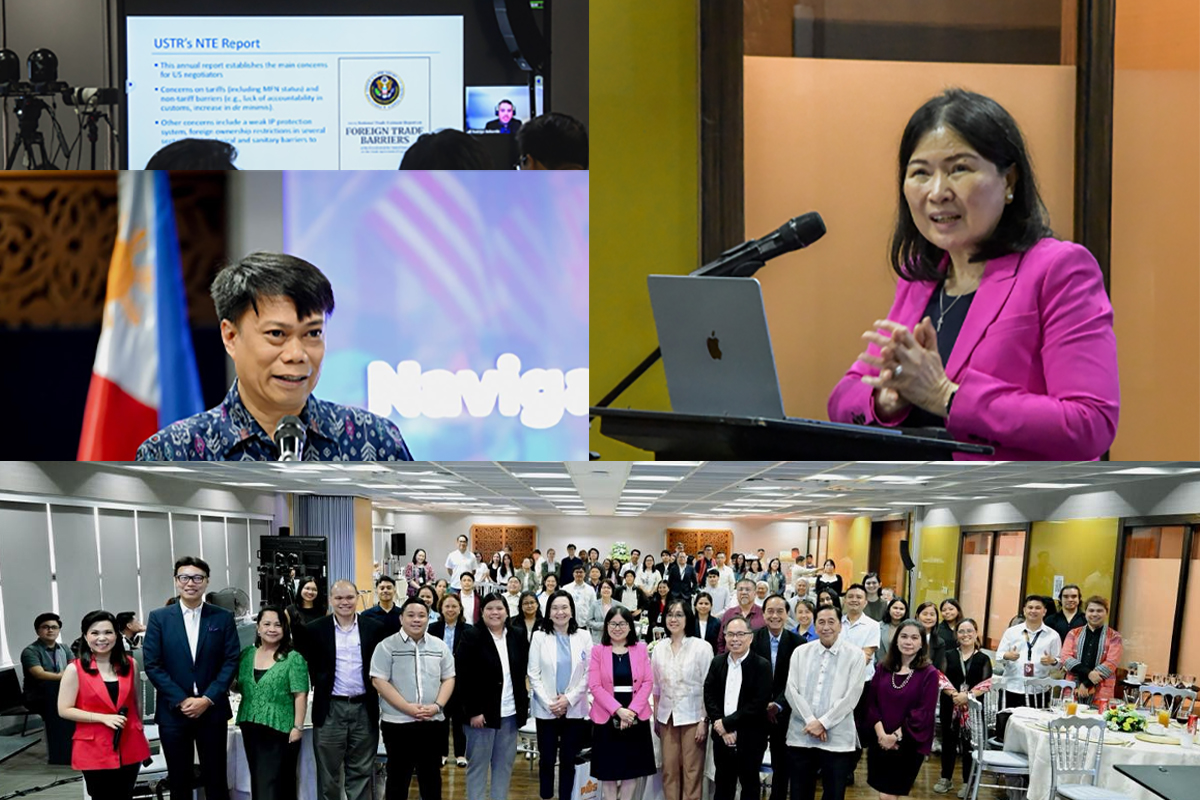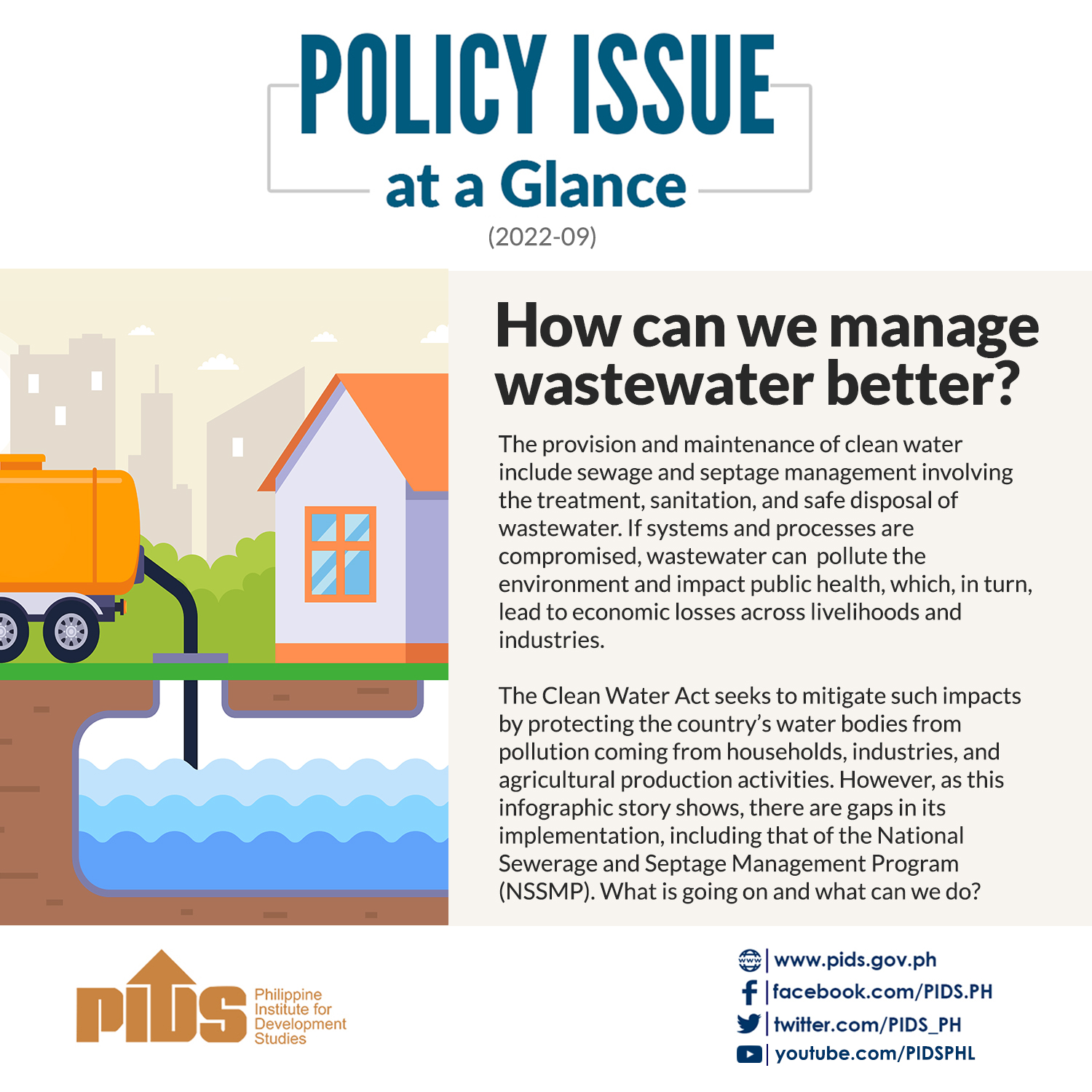A RECENT study by the government think tank, the Philippine Institute for Development Studies (PIDS), has revealed that while there are some clear benefits from free trade agreements (FTAs), their positive impacts on businesses and the economy as a whole are much less than they could be. The recommendations provided by the study should be a guide to the government in developing policies to make the most of FTAs, especially in a time when trade is becoming increasingly volatile.
The study, titled "Does FTA Import Utilization Enhance Firm Performance? An Assessment of the Philippine Manufacturing Sector," sought to determine the impact of importing under FTAs on Philippine manufacturing firms. It found that while FTAs facilitate import growth, their effects on company productivity remain uncertain at best. This is of some concern, because without productivity growth, diversification and expansion of the industrial sector will be quite difficult, if not impossible to achieve.
A number of reforms and a fairly aggressive campaign by the government to form FTAs with other countries, including joining multinational agreements such as the Regional Comprehensive Economic Partner (RCEP), has led to substantial tariff liberalization and lowered non-tariff trade barriers, providing firms with greater access to raw materials, intermediate goods and capital equipment at lower costs. The PIDS study notes that these agreements have driven a notable increase in import volumes in key manufacturing sectors.
The authors of the study explained that "FTA utilization effects vary across firms and periods, with some estimates diverging from expectations." The results showed that firms taking advantage of FTAs to source their import needs experienced import growth, which is an obvious result, but experienced only limited gains, if any, in overall productivity. However, firms that moved from FTA to non-FTA sourced imports experienced some productivity losses, which does suggest there is at least some modest benefit to consistent long-term FTA use, although it is much lower than anticipated.
Another interesting finding of the study was that discontinuing FTA use is not a serious impediment to businesses meeting their import needs. Those that dropped FTA sources only experienced a short-term decline in imports before returning to their previous import levels.
As a matter of practice, FTAs are sought by the national government with both total imports and total exports in mind, with the objective of reducing trade barriers and encouraging increases in both. At the firm level, increased imports should facilitate greater productivity by easing access to production inputs and lowering costs, allowing businesses to increase production volumes, expand their product lines, and ultimately generate higher revenues to support more employment and higher wages, along with higher profits. The PIDS study found that this is not necessarily happening, at least not at the level the number of FTAs or FTA-like agreements the Philippines is a party to would suggest.
'Noodle bowl effect'
In order to rectify this unsatisfactory state of affairs, PIDS makes a number of recommendations. The study stressed the need to simplify FTA procedures, reduce administrative and compliance costs, and improve firms' awareness of FTA benefits. The authors observed that the "noodle bowl effect" of overlapping FTAs makes the process of accessing preferential tariff rates rather complex, which may discourage firms from using FTAs for their sourcing. The RCEP could help to address this issue since it provides for streamlining customs procedures and rules of origin, but of course, it has to be implemented first, which involves harmonizing the Philippines' own rules with the regional agreement.
Beyond that, the PIDS study recommended greater engagement between the Department of Trade and Industry (DTI) and businesses to identify perceived and real obstacles to accessing FTA sources, to determine what policy interventions may help. Some of this is already being done; the DTI has established a partnership with the Philippine Chamber of Commerce and Industry to promote trade agreements and facilitate their use.
Finally, the study also acknowledges the risk to domestic businesses of focusing too much on import facilitation. To guard against this, the DTI has launched an Import Surge Monitor as a warning system against import levels that could threaten domestic businesses. However, to improve the use of this, better management and sharing of data with concerned agencies, business sectors and FTA partners is needed.












